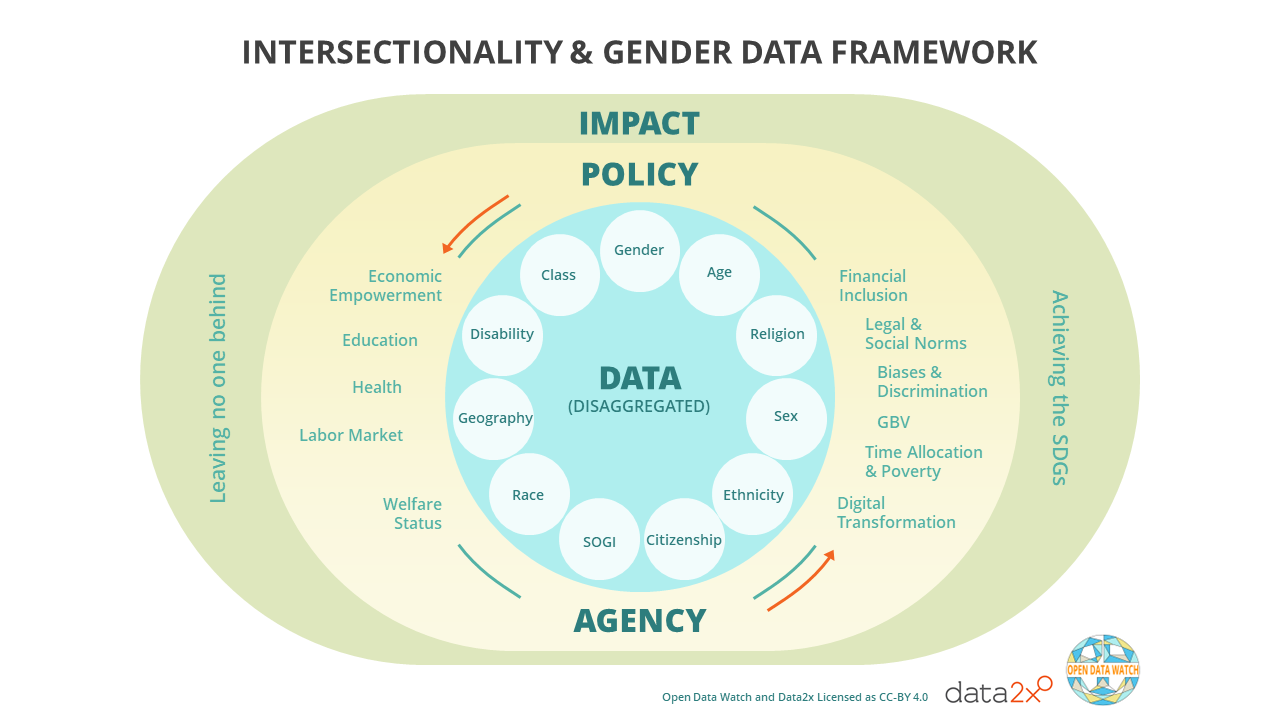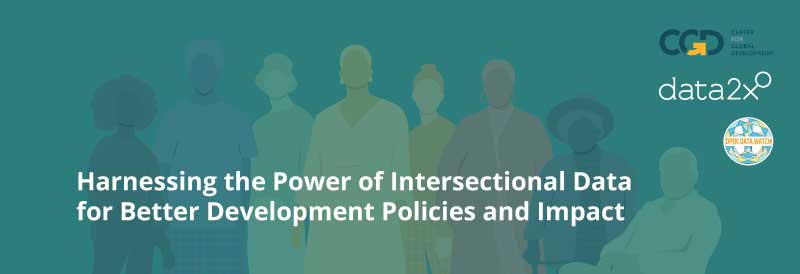 View or download the PDF print version of this brief
View or download the PDF print version of this brief
At this pivotal moment in the pursuit of sustainable development, we can only address the intersecting barriers that hinder progress through the collection and analysis of intersectional data. Intersectionality is a critical framework for development data as it provides a means to understand and address complex dimensions of inequality. Intersectional data illuminate the experiences and challenges faced by individuals who occupy multiple and intersecting group identities.
As the deadline for the 2030 Agenda fast approaches, we call on development partners and national statistical systems to work together to unlock the power of intersectional data for development. Collectively, we could create more inclusive policies through better data and get closer to truly leaving no one behind in development.
A Framework to Guide the Intersectionality and Gender Data Agenda
Building on existing research, Data2X and Open Data Watch have developed a framework to guide this agenda with four main dimensions:
Challenges
Despite its significance, generating comprehensive intersectional data faces numerous challenges. More work is needed to address these challenges and ensure that development policies effectively improve the lived experiences of all people. Such challenges include:
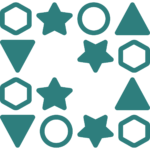 | Limited Availability of Disaggregated Data |
 | Weak Data Governance Frameworks |
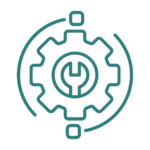 | Financial and Technical Constraints |
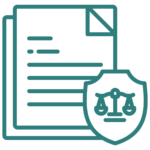 | Cultural and Legal Barriers |
Future Directions and Collaboration
Looking ahead, there is a need for sustained collaboration and innovation to overcome existing barriers and harness the full potential of intersectional data. Future directions include:
- Research and Case Studies: Undertake rigorous research and develop detailed case studies to fill existing data gaps, identify best practices, and inform evidence-based policymaking.
- Standardization of Data Practices: Establish minimum standards and guidelines for the collection and governance of intersectional data to ensure inclusivity and accuracy.
- Resource Mobilization: Secure financial resources and technical assistance to support intersectional data initiatives in low- and middle-income countries (LICs and MICs).
- Integration with Other Data Agendas: Ensure intersectional data remain a high priority within the broader data initiatives such as citizen generated data agenda, administrative data systems, data feminism, and SOGIESC (sexual orientation, gender identity, gender expression and sex characteristics) data production and use.
Make Intersectional Data a Priority Now!
Intersectional data represents a transformative shift in how we conceptualize and address development challenges globally. By recognizing and addressing intersecting identities, we can design targeted interventions that effectively address systemic inequalities and promote inclusive development.
Join Open Data Watch, Data2X, and the Center for Global Development to systematically reimagine data systems that empower marginalized communities and facilitate inclusive development.
Learn more at: https://bit.ly/IntersectionalData
View the PDF print version of this brief


